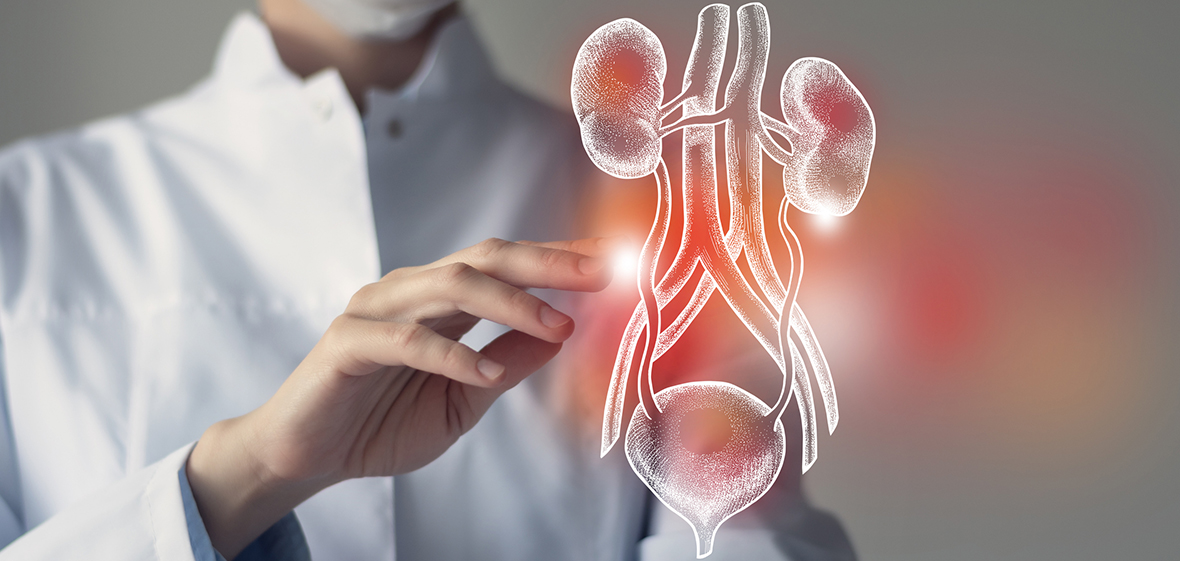
Video urodynamic testing is used to analyze and diagnose urinary conditions such as urinary incontinence, overactive bladder and incomplete bladder emptying. This test provides information about a patient’s urethral function and ability to control their bladder. The results of this test will help the provider determine the correct treatment.
If you are experiencing any of the following bladder-related symptoms, your provider might recommend video urodynamic testing:
- Bladder leakage or urinary incontinence
- Pain while urinating or excessive urinary tract infections
- Frequent urination that occurs suddenly
- Difficulty in starting to urinate
- Inability to fully empty bladder
- Needing to strain to urinate
- Sensation of having a bulge on vagina
Video urodynamic testing measures the pressure in and around the bladder as well as urine flow. Multiple urodynamic tests are used, including:
- Cystometry: This type of test uses a catheter to measure the pressure inside the bladder. The results of this test determine how much urine the bladder can hold and the elasticity of the bladder. The test is also able to detect any contractions or spasms in the bladder that might be abnormal.
- Uroflowmetry: This test requires a full bladder to be conducted. The amount of urine and the flow rate (how quickly the patient can empty their bladder) is measured. Uroflowmetry tests detect how strong or weak the bladder muscles are or if there is a urinary blockage.
- X-ray cystography: This test uses X-ray technology to see how the bladder empties while the patient is urinating. Images are taken from various angles to ensure there is no structural damage in the bladder, any urinary reflux to the kidney or blockages.
After a video urodynamic test, you may experience mild soreness or discomfort while urinating. To alleviate these symptoms, it is recommended to drink 16 to 32 ounces of water over the course of two hours. Over-the-counter pain medication can also help ease these symptoms.
UofL Physicians – Urology Associates in Shelbyville offers video urodynamic testing. To schedule an appointment, call 502-405-9450.









